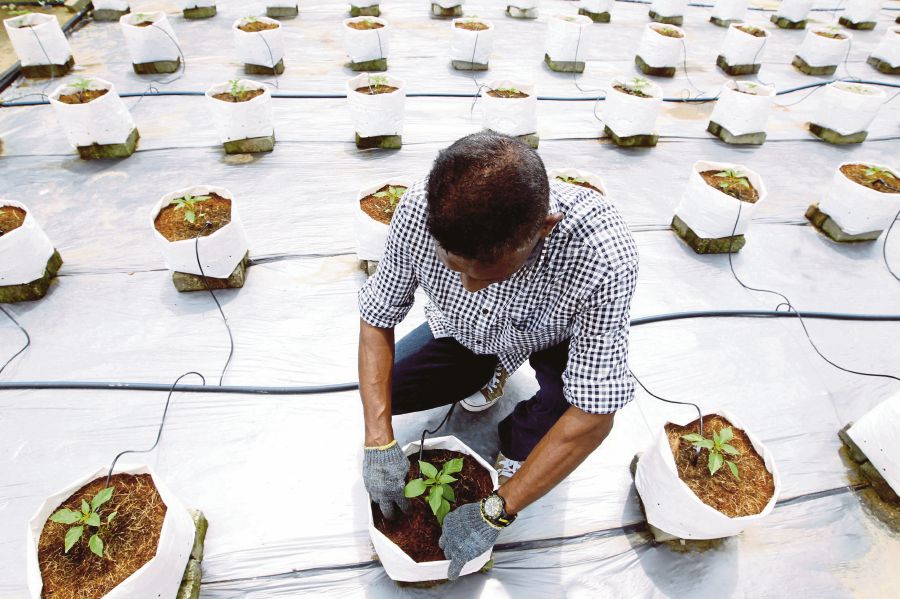THE topic of drug addiction is almost always paired with negative views, depending on one’s understanding of the depth of the problem.
The social stigma that surrounds drug addiction in Malay-
sia is no less different, perhaps even exacerbated, with the country having some of the most draconian drug laws in the world.
Despite our zero-tolerance approach, we still find ourselves grappling with drug abuse, having no success in controlling the supply and demand of illicit drugs. We are far from winning this war against drugs, and there is much to do even after decades of fighting.
There is, however, a glimmer of hope in this morbid predicament. Drug abuse and the risk of infections of HIV and hepatitis in Malaysia have shown positive improvements through the harm reduction approach that was adopted a little over a decade ago.
During a roundtable discussion on “Building partnerships to enhance health and criminal justice outcomes among pre-incarcerated, incarcerated and soon-to-be-released prisoners in Malaysia and Southeast Asian Countries” held at the Institute of Strategic and International Studies Malaysia on June 5, Dr Chris Beyrer, director of Johns Hopkins Center for Public Health and Human Rights in the United States, stated that there is evidence that there are health, social and crime benefits to decriminalising certain drugs.
Through decriminalisation, the savings in resources from the incarceration of minor (subjective to each country’s laws) drug offences can be invested back into harm reduction initiatives to address drug addiction and, hopefully, alleviate drug abuse, as is being practised in Portugal, which is deemed to have one of the most successful drug policies. This approach has shown successes, but is it really that easy to transplant policies of another country into ours?
Malaysia’s readiness for such a move is uncertain at this point in time, but, hopefully, a change in mindset may lead us to revisit this option in the future.
More studies should be done and reviewed frequently to provide more compelling evidence to make the move.
The idea of decriminalisation incites fear of the uncertain for some, if not most, in society. A person who is prone to drug abuse may start with softer drugs and move to harder ones. With the possibility of the increase in drug use that could come with the decriminalisation of certain drugs, uttering the word itself may even shut doors on any talk of social and health improvements.
There is a need for checks and balances on the approaches adopted to treat drug abuse and addiction. These approaches should be monitored and reviewed to determine their efficacy. In these trying times, we can no longer afford to sit around and let things run business as usual without achieving results.
The rate of incarceration for drug offences in Malaysia is high. Incarceration may not be the best solution to treat drug addiction and may best be handled by health professionals, but, alas, law enforcement officers are only doing what they’re tasked to do, as outlined by our laws.
We need to remind ourselves to humanise these efforts and recognise that they, too, risk their lives in this war. With the innovative drugs that are being produced today, our law enforcement officers are at the front line of defence against these risks and are more likely to be exposed to new and dangerous drugs.
Officers of law enforcement and public health are doing the best they can and are doing exceptionally well in their fields, but drug addiction and abuse are intertwined and requires the expertise of both. A concerted effort and the ability to convey messages to make it more palatable to all parties involved are crucial to take the discussion forward.
The presence and participation of officials from the police, health and prisons departments, legal services and civil society organisations at the roundtable discussion proved to be encouraging, yet more stakeholders need to be brought to the table to realise their roles to prevent drug use and possible relapses.
This article first appeared in The New Straits Times on 13 June 2017.





